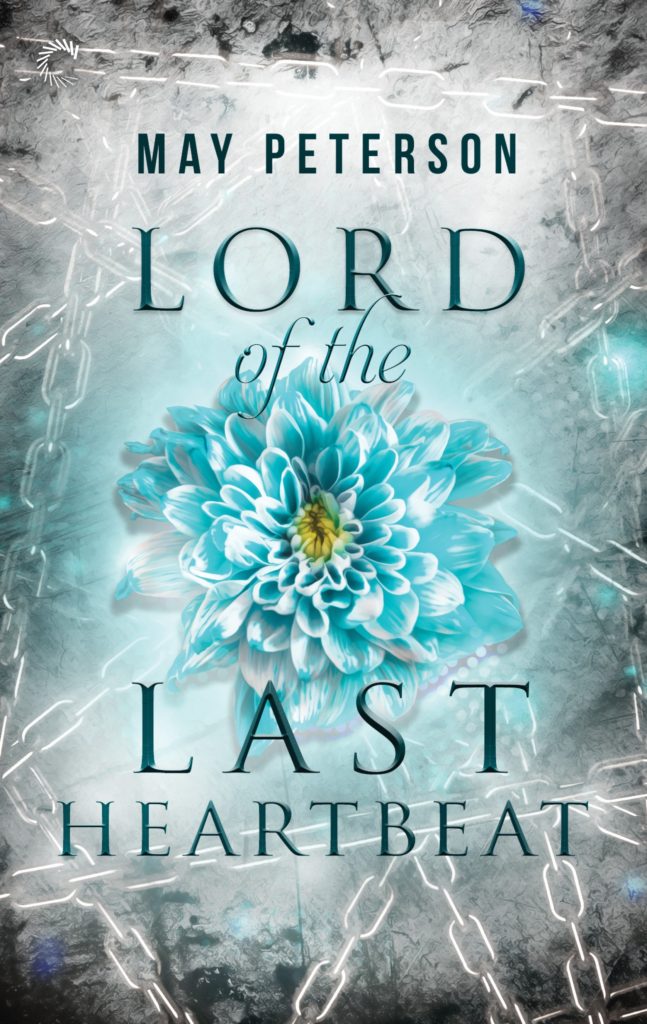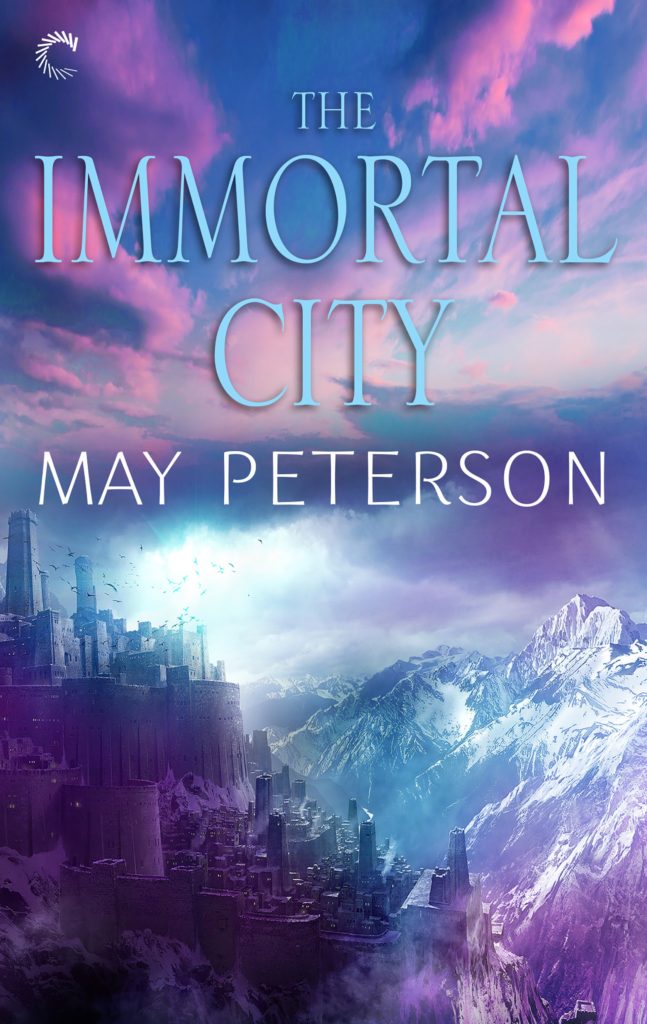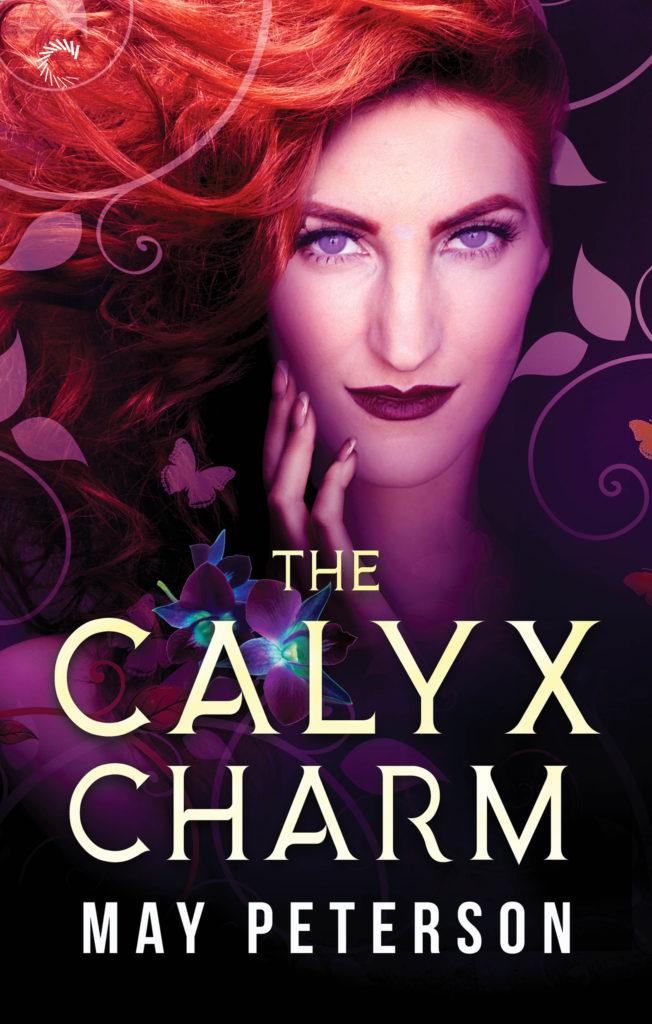Content warning: non-graphic discussion of racism and transmisogyny
Romance Writers of America, or RWA, is a writer’s organization that throughout its existence has been a source of much good as well as much harm. It was the harm that primarily concerned Courtney Milan, a best-selling romance author and seasoned advocate of the needs of underserved populations, when she was a board member on RWA.
In December of 2019, RWA delivered a censure of Courtney Milan for the charge of injurious behavior to the cause of RWA during her pursuit of justice for people of color against racist norms and practices that have gone too long unchallenged within the organization.
This is an excellent place to start for a summary of the ongoing situation.
Looking at it in summary, it seems ludicrous to see someone who was advocating for the principles of fairness the organization was designed to uphold, and to still be named the bad guy. There’s a classic line of thought that seems to predict this kind of conclusion. I call it the judgmental spectator theory.
Judging from the Sidelines
Say we have a figure skating contest. Practiced skaters compete for recognition, and a judging panel awards scores that determine the winners. Those judges are all experienced and qualified to evaluate the skaters. Each skater has a stake in the contest; the outcome has a lot do with their professional image and their career.
Now imagine we have a spectator on the sidelines shouting criticisms at the skaters and the judges, to the point that it’s impossible to ignore their interference.
This person is allowed to be a spectator. They’re even allowed to call out, chant, make noise, etc, but they shouldn’t unduly interfere with the process. They can have any private opinions they want, but that’s not the same as being invited to judge on a panel or to participate in the contest.
The judgmental spectator theory is the belief that a person’s judgment is that of a spectator. In other words, they’re entitled to a private opinion, but it’s only an opinion, not a judgment that anyone should listen to.
More importantly, the judgment of this supposed spectator isn’t coming from any direct involvement in the stakes of the contest. They aren’t directly affected by the outcome of the contest. In other words, any judgment this spectator is not because they could be hurt or deprived if their beliefs aren’t heard. They have nothing to fear either way, which is even more reason to keep their opinions to themselves.
The judgmental spectator is a role that is designated to people. If someone has a lot of strong opinions, we might decide that their opinions don’t have any authority and they won’t be hurt if we don’t listen to them. They’re just a judgmental spectator. We can safely ignore them, and more importantly, they have no right to fight for their beliefs to be heard.
Forced To Be A Spectator In Your Own Life
When people of color identify racism in works of fiction or in publishing industry practices, it’s not hard to find someone complaining. The complaints tend to run that you can’t go around calling just anyone a racist, that doing so is smearing someone’s character, and that it makes no sense to call someone racist if they’ve made overtures of good intent.
In this way of thinking, the accusation of racism is a big gun. It’s something you should reserve for extreme cases only (with the definition of “extreme” apparently quite up to interpretation), and if you use it any other times, you are simply throwing your weight around.
This positions people of color as judgmental spectators to racism. That they aren’t personally harmed by racist language or ideology, and they has no right to judge of the people who express that language or ideology. They’re meant to stand on the sidelines and express their feelings with the temperature of small talk (if at all). We all have opinions. No one’s opinion takes precedence over anyone else’s, right?
Bullshit.
People of color are not spectators to racism. They are not spectators to the ongoing flow of society in which racism occurs. They are directly affected by it. When they address it and name it, it is personal and at personal risk. It is an act of courage and a gift.
Meanwhile, the attitudes of a judgmental spectator are painted as completely intellectual. No one has hurt them, they just have a quibble to make. Nothing is thought to happen to them if we ignore them. But if the voices of people of color go ignored about what harms them, as has happened for hundreds of years, then demonstrable harm befalls them. They are not grading scores. They are not making mere intellectual quibbles. They are saying “I am here, I matter, and this harms me.”
The truth is that life isn’t a game, there aren’t scores, and there isn’t an appointed panel of qualified judges. Immense injustice and oppression informs the shape of society. It is much bigger than any competition or contest, and people of color are not on the sidelines. Treating them as if they are is expecting them to act like spectators to their own lives.
“You’re Just Looking For A Reason To Be Angry”
I have heard this phrase countless times. I suspect anyone who has witnessed any issue of racism, sexism, transphobia, ableism, or similar forms of injustice has probably heard this phrase at least once.
What a breathtakingly bold assumption. The underside of this is the claim that you don’t have any legitimate reason to be angry. If you are angry, it has to be irrational and therefore fine to dismiss.
I’ve blogged about instances of harmful tropes and representation and their artistic and ethical effects, and I frequently discuss trans depictions in media and in popular thought. Dismissal is a common reaction. The character Buffalo Bill from Silence of the Lambs (as discussed here) has been criticized for the effects of the depiction by many transfeminists, and by now I’ve almost memorized the variations of “you’re looking for a reason to be angry.” That the film wasn’t intended as a malicious smear, that it stipulates that Bill isn’t really trans, that not everything is an attack on a minority (most of which I address in my above linked post about this).
The premise of those criticisms is that deconstructing a fictional example of transmisogyny is kind of like refereeing a football game on my TV from my couch. That it’s basically pointless, and at worst I’m disrupting the freedom of others to enjoy the game.
The only way this premise works is if depictions of transphobia don’t actually harm me or people like me. Worse still, the dismissal of trans anger has momentum. When the topic is no longer fiction and is about a real live trans person being abused, mistreated, or disrespected, I still frequently run into dismissal. The argument always seems to be that unless it’s a life or death situation, one on the scale of a fascist takeover, then criticism is always a tool of excess. Someone has to be a self-professed Nazi to merit judgment, and yet even when someone like Richard Spencer demonstrates clear-cut tenets of fascist ideology, judgment of them is over and over again deemed automatically over the line.
What this does is condition a society to be numb to injustice. If the first tool we have to fight injustice (naming it) is treated with unqualified suspicion, the odds are always in favor of the injustice. One form this takes is the stigmatization of anger. Anger is the emotion of boundaries, of fighting back, of demanding fairness. A society in which marginalized people aren’t allowed to be angry is a society in which marginalized people have our hands tied behind our backs.
Who Is Judging You?
So far I’ve focused this topic on general ethics and injustice within an industry, but it’s also important to keep in mind as an author or creator. If I can stress any one message here, it is that when you put work out into the world, you are communicating a worldview, and that it is going to have an impact on somebody. One hopes that impact is good. Sometimes it’s not.
One thing we learn early as authors is that we have to dismiss or ignore some reactions. Reviews, for example, are not for us but for readers. Reviewers may have any number of complaints, from technical to ethical, and it’s neither practical nor responsible to try and respond to them.
This is different from a book receiving a widespread judgment as having harmed a significant audience. No book is perfect, but a wide ocean lies between “not perfect” and having unambiguously damaging content. Even if you never write a book that has such content, part of authorial responsibility is testing your own work through means such as beta reading and sensitivity editing.
You’re probably at some point going to get a note from a sensitivity editor that seems excessive at first, and it may be tempting to imagine the editor is nitpicking you. Looking for something to be mad about. Not actually being affected by it.
There is such a thing as disingenuous criticism, but it’s rare for someone to spend energy naming a problem if it has no effect on them. When receiving criticism, chances are much higher that the matter at hand does affect the person giving you that criticism. And it can be very, very scary to have to name a problem when you don’t know if you are going to be heard.
Some people are never going to take charges of injustice seriously. It’s a choice we can make not to be that kind of person.
***
May Peterson is an author, editor, and sensitivity consultant who is currently accepting new clients.
If you like this post and want to read May’s fiction, you can check out her debut novel here.
If you want to become a contributor, you can find May’s Ko-fi account here.



